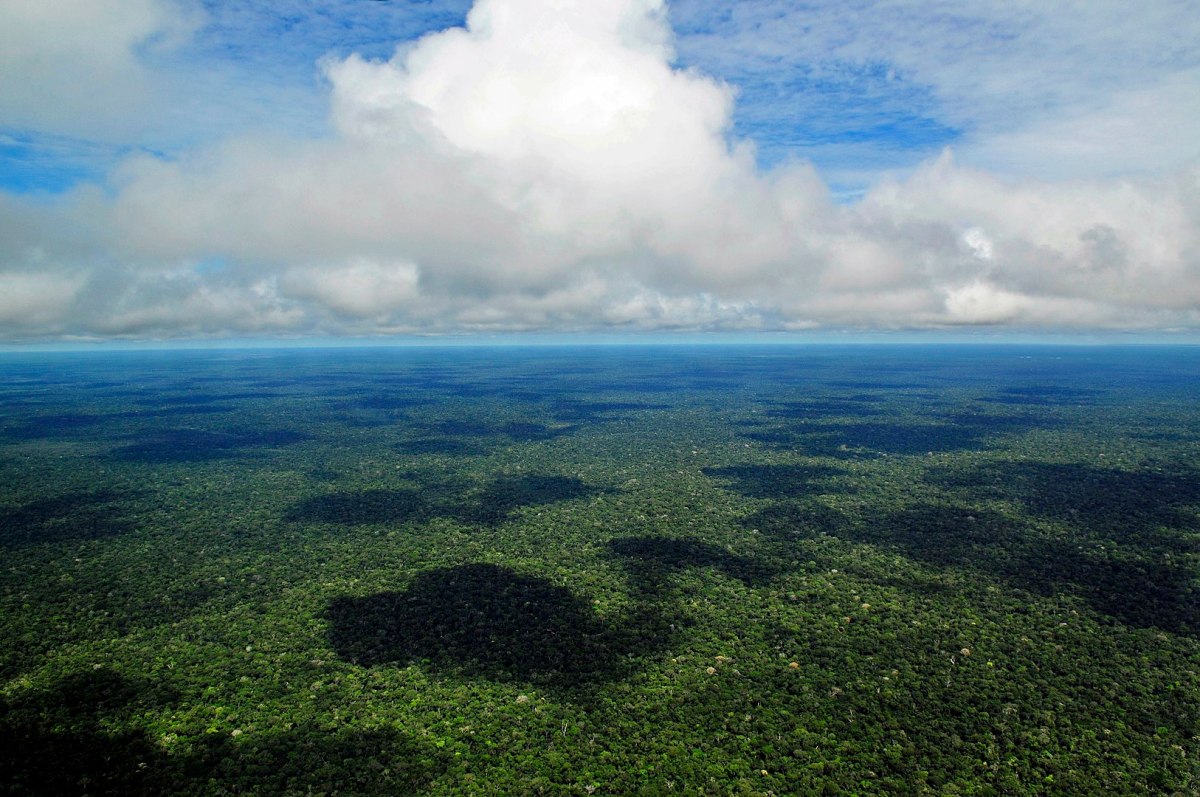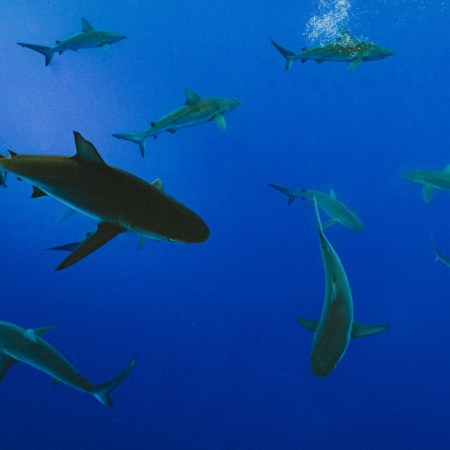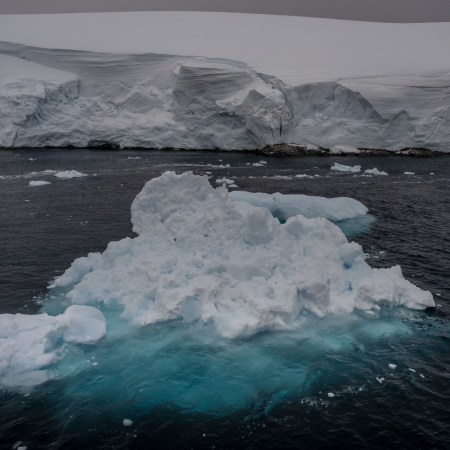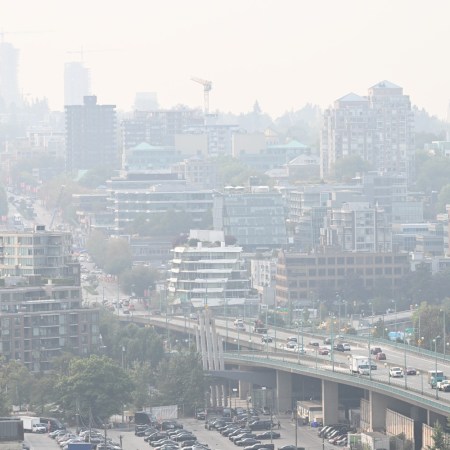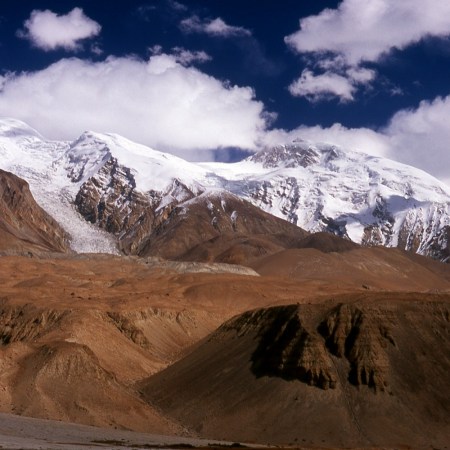Among the world’s most scenic locations is the Amazon rainforest, known for its biodiversity and for the effects that that quality has on ecosystems around the world. The region has been adversely affected by climate change in recent years, with scientists warning in 2019 that large chunks of the rainforest were on their way to becoming grasslands. Now, a new study has an even more sobering take on the Amazon’s future.
As Andrew Downie reports for The Guardian, a new study suggests that the damage done to large portions of the rainforest may be irreversible. The study, titled Amazonia Against the Clock, is a joint venture of the Amazonian Network of Georeferenced Socio-environmental Information and the Coordinator of Indigenous Organizations of the Amazon Basin.
What’s notable about this study is the way it encompasses the nine countries that contain portions of the rainforest. The results, Downie writes, are alarming, with just two countries — Suriname and French Guiana — having at least half of their forest land preserved. Deforestation has abounded in Brazil and Bolivia, which has led to some land that had previously been part of the rainforest transforming into savannah.
The organizations behind the study made a number of suggestions to help preserve the Amazon, including restoring deforested land, increased Indigenous control of certain areas and agreeing to preserve land in exchange for debt forgiveness.
The threats to the Amazon are vast in number, and will require a number of interconnected solutions to keep the region intact. As this new study demonstrates, the window for preservation won’t be open forever.
Thanks for reading InsideHook. Sign up for our daily newsletter and be in the know.
